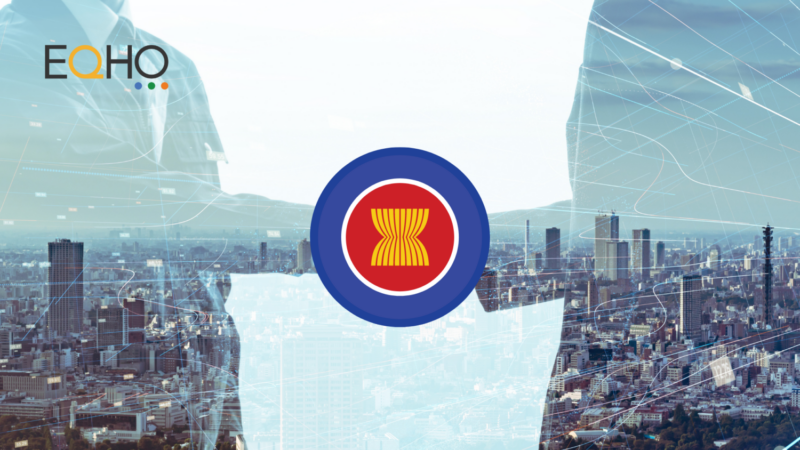When it comes to localization, the importance of a high-quality final product cannot be overstated.
It may be obvious, but all reputable companies strive to produce localized products that appear indigenous to their target markets, and marketing materials that ensure a seamless launch, yet why is the importance of language quality assurance (LQA) overlooked by so many companies? After all, just one significant translation blunder can set a company back months or even years. Even the likes of Pepsi, Coca-Cola and HSBC Bank have all found out the hard way!
As time and cost pressures intensify, the likelihood of error increases as companies turn more and more to high-tech solutions to get the projects rolled-out on time and within budget – language quality review has therefore never been so important.
Here are some tips:
Protecting against errors
In the majority of cases, the final output format of a localization project will be re-engineered by non-native technical specialists. While there are compelling reasons for doing so – such as cost, efficiency and protecting the source code – it means translations are often performed with limited context other than reference materials provided by clients.
This means the final validation of the product’s interface is essential and so clients should look to make sure their localized materials undergo full testing in their final output. Whether it is conducted in-country by subject matter experts or by in-house linguistic staff from your localization agency, testing on the actual product should be conducted by native target-language testers.
A comprehensive approach
Project requirements can vary significantly, as the actual language pair being used, subject matter expertise required and any existing deadlines can all have an effect on the approach taken. When developing a comprehensive and customizable solution, the focus should always be on analyzing the root cause of any quality issues identified.
QA tools of choice include QA distiller and XBench. Tests should be carried out on all localized deliverables, which include software, websites and multimedia, as well as checking document layout and formatting. It can be the major differentiator between a minimally localized product and a truly professional finished product. For example, just one incidence of inconsistent terminology in medical literature can have serious regulatory implications and slow down time to market.
Hire a qualified in-country reviewer
Although it is the final quality step, the same diligence is required – this is your final safety net. An in-country reviewer will not be needed for every project, but if you are using one, make sure the person has the right skills, industry knowledge and a good understanding of your brand. A few minimum standards include being a native speaker of the target language, having all round exceptional language skills, having a complete understanding of the language translation process and being a subject matter specialist for the content being translated.
Firms may be tempted to use someone in-house who has a good level of knowledge with the target language, but this will not match up to a trained expert who has working experience of in-country dialect or culture. Massive changes should not be expected at this stage of the process, and if they are suggested it’s worthwhile looking at the source content to make sure it was authored with translation in mind. This is why providing clear instructions is important at this stage – for example, you might only want a couple of pages looked at, rather than the whole document.
QA reports
There will be a number of error categories in a QA report, covering areas such as accuracy, terminology, country standards and language quality. This framework will offer businesses the chance to assess the quality of the translation against previously defined metrics. The point of having such a system in place is to ensure all clients’ products and documentation have the same level of linguistic quality, regardless of the target language or complexity of the translation process.



